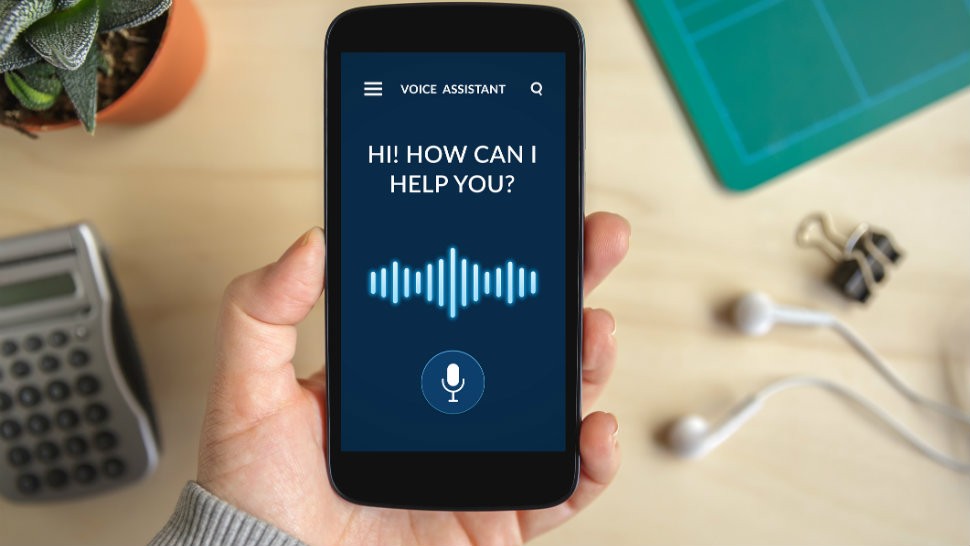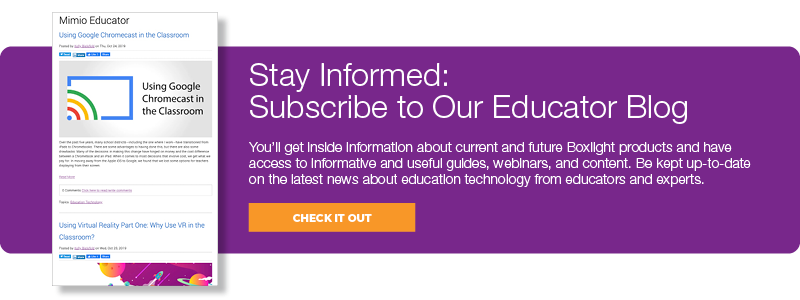
While so many educators, parents, and even psychologists are concerned regarding how much screen time is appropriate for children, the emerging innovating technology of machine learning and artificial learning has begun to alter educational and institutional tools toward a better future of education.
According to the Artificial Intelligence Market in the US Education Sector report, the expected growth of artificial intelligence (AI) in this sector is 47.7% from 2018 to 2022. However, most experts believe that the presence of qualified and experienced teachers is irreplaceable. Still, there are many advantages AI can bring to teachers’ educational best practices.
Teacher & AI Collaboration
AI has been successfully installed to help develop testing and skills. These educational solutions are continuously maturing in the hope of filling the gaps in education, while enabling teachers to do more than ever before. AI has driven personalization and efficiency, as well as streamlining administrative tasks to provide teachers with essential adaptability and understanding. This technology provides ease of usability, which human capabilities may struggle with for uniqueness.
The vision for AI in the education sector is an ideal way for collaboration to leverage possible attributes of teachers and machines. Since today's students need to work with the better reality of AI, it is essential that our teachers and institutions expose students to this technology for the best outcomes.
Supporting Technologies
Below are three major ways AI is supporting teachers to mentor their students better:
1) AI-Enabled Hyper-Personalization
With the help of artificial intelligence, hyper-personalized digital content is created to change the way educators teach. The required information from massive textbooks has now been broken down into smaller study guides, flashcards, and chapter summaries. Also, short smart notes with customized search bars for better understanding and reading have made learning easy.
Teaching and learning are becoming paperless; soon, there will be no or minimal use of physical books in education. AI has facilitated an online interactive interface to deliver real-time assessment and feedback from students—the technology provides original test scores and follow-ups to teachers, helping them improve areas students struggle with.
Additionally, customized materials are being used for a more personal tutoring experience. Automated conversational agents can answer queries and assist with reinforcing concepts. AI has also improved adaptive learning features to facilitate teachers and students to learn at their own pace.
2) Adoption of Voice Assistants
In higher educational institutions, the preference now is to provide students with voice assistants instead of conventionally printed educational material or access to a website that’s hard to navigate.
For example, Arizona State University has given many of its newly inducted students an Amazon Alexa device to promote focused and timely information regarding university needs. Moreover, the voice assistants can answer common queries about campus and can be customized for each student’s course schedule.
This accessibility can significantly reduce the burden of internal support on tutors as well the cost of wasteful handbooks that quickly become outdated. Voice assistant utilization is not just interesting and exciting to educators, it’s expected to gain broader adoption in the near future.
3) Organizational Task Software
AI can even facilitate with a range of organizational tasks, including student applications, enrollment, educator issues, examinations, course management, and much more. Using intelligent AI-empowered systems can significantly impact the efficiency of many educational practices. They have been proven to lower operating costs, offer higher visibility, and improve the overall responsiveness of tutors.
On the higher education side, artificial intelligence has also improved the quality of different processes. AI-empowered systems are trained to eliminate human bias to provide fair and credible procedures. Thus, the use of artificial intelligence provides a more systematic way of handling a wide range of tasks.
Bottom Line
In the not-too-distant future, AI is expected to be a core part of every possible educational experience. AI has already started to show its advantages and benefits to a variety of educational needs. Additionally, it is expected to significantly impact and improve overall learning outcomes, facilitating teachers to enhance their efforts for mentoring students in a way that can be retained for a long time.
Stay informed on trends in the EdTech industry by subscribing to our Educator blog.>>



